Expertise centre for worldwide mobility
The first four-wheel motorised coach drove up in Stuttgart Bad Cannstatt. It marked the
start of an unparalleled development in mobility in all its aspects on road, rail, water and
in the air.
Mobility requirements have increased; aside from growing commercial transport demands
and personal mobility standards, challenges include increased pollutant emissions and
resource consumption. Telematics, integrated traffic control systems and new safety
systems are some of the future-focused topics.
The “Fovus” network, an association of 20 research institutes, is working on subjects
including new drive technologies, new materials and alternative drive forms like hybrid
technology and the fuel cell. This work is performed in close cooperation with global
companies sited in the region. Stuttgart is also one of eight model regions devoted to
electric mobility in Germany, selected by the Federal Ministry of Transport. Accordingly,
in various projects – from electric scooters to transporters, combined with urban district
concepts – the possibilities of future-focused mobility are tested and optimised in terms
of their marketability.
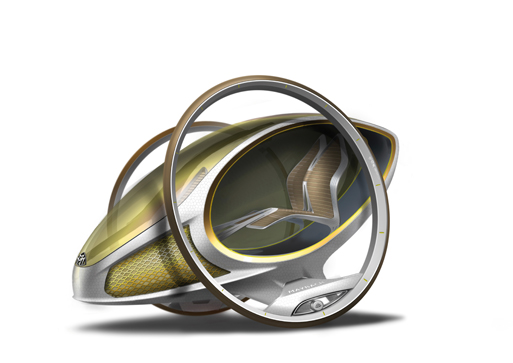
Study of a luxury electrically driven Mercedes-Benz rickshaw for tomorrow’s urban mobility: the Maybach DRS, “Den-Riki-Shaâ€
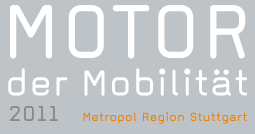




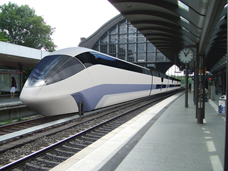
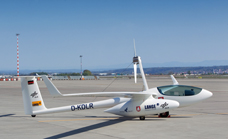
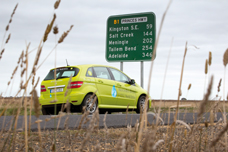
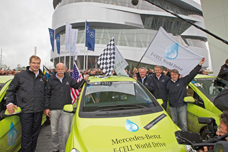
 download .pdf
(235 KB)
download .pdf
(235 KB)